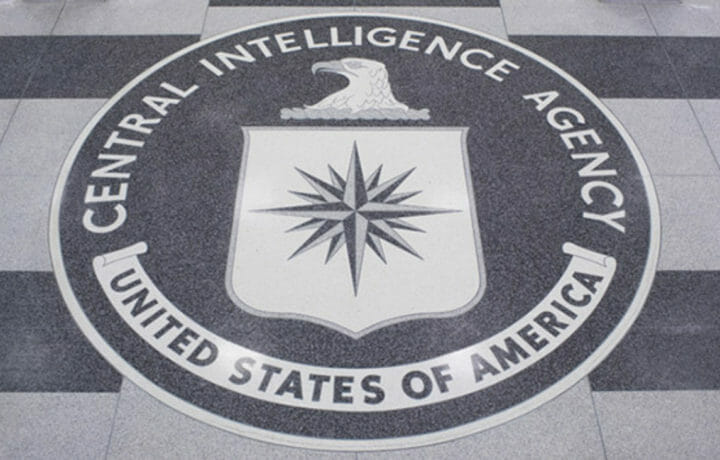To those who knew him, Douglas Groat was a talented technical support officer within the Central Intelligence Agency who was involved in some interesting operations in support of the Agency’s mission abroad. He also broke trust with his nation when he shared classified information with multiple governments in retaliation for his having his career parked after he had made a complaint to the CIA’s inspector general and for attempting to extort half a million dollars from the CIA. He was ultimately arrested, accepted a plea deal, and then sentenced to five years in prison on September 27, 1998.
Douglas Groat
Groat joined the CIA in 1980, went through his initial training and was ultimately assigned to the Special Operations Division (SOD) of the Agency’s Office of Technical Services, with the Directorate of Science and Technology. Within the SOD he received professional training in how to manipulate and work with picks, locks, and safes. In 1990, following an operation which according to 2012 biographic expose on Groat within the Smithsonian Magazine, took place in Kathmandu, Nepal. It involved breaking into the East German Embassy and stealing their code machine and code books. The clandestine entry into the building went off without a hitch, and they successfully removed the East German safe. When they later opened the safe, they found it did not contain the targeted code machine or code books. While the operation was a success, the mission was a failure.
Upon returning to Washington, D.C., Groat filed a complaint to the inspector general’s office on what he considered to have been pre-mission sloppiness by the CIA in Kathmandu. The IG investigated, apparently agreed with some of Groat’s assertions and also recommended that Groat be reassigned. He was, according to Groat, reassigned, but he was placed on ice and given a do-nothing desk job.
Groat breaks trust
It was September 1992, when Groat writes three letters from an “anonymous” person to a South American country’s ambassador in Europe. In those letters, he informs that the country’s embassy is bugged and provides the locations of the bugs. Yes, those bugs had been previously implanted by Groat during a surreptitious entry into the mission some months prior.
It was clear that at least one of the letters made it through, as the bugs went silent. It was also clear that one of the letters found its way into the CIA’s hands as the FBI launched an investigation into who wrote the letters.
Groat told the Smithsonian Magazine, how the FBI came to his house to question him, claiming his thumbprint was found on a CIA library directory which contained the address of the European embassy. He said nothing. When he subsequently refused a CIA polygraph (a condition of employment at the CIA), he was placed on administrative leave.
In his eyes, he began to negotiate a separation package with the CIA and asked for $500,000 “for the loss of his career.” The CIA asked Groat to provide detailed information on the compromise of the bugs and then they would discuss a separation package. He declined. The Agency viewed the request as an attempt to extort the CIA. Groat was dismissed from the Agency in October 1996.
He then told his attorney in January 1997 that absent a settlement, he would have to earn a living and intended to operate as a security consultant to foreign governments and advise them on how to protect their secret communication codes. Later in January, he visited San Francisco dropping off a letter at 15 separate consulates in which he identified himself, his former CIA affiliation, and his skill set “to gain access to …cryptosystems of select foreign countries.” The letter then contained his pitch – that he was prepared to train the countries on how to protect sensitive information. His provocative act was designed to spur the CIA to provide to him his requested separation payment. He knew that his actions no doubt would come to the attention of the FBI counterintelligence, but to make sure, he provided the FBI a copy of his letter.
The FBI opened a counterintelligence investigation.
ARRESTED – PLEAS – SENTENCED
In April 1998, Groat was arrested during a meeting in Washington, D.C. where he had voluntarily appeared for an interview with the FBI. Two days later a grand jury issued a multi-count indictment, which included espionage charges. In July 1998, he entered into a plea deal which removed all of the espionage charges and left a single count of attempted extortion – the $500,000 request his lawyer had asked the CIA to pay. Groat was sentenced to five years in prison. He served nearly four of his five years sentence, and was released from prison in March 2002.



